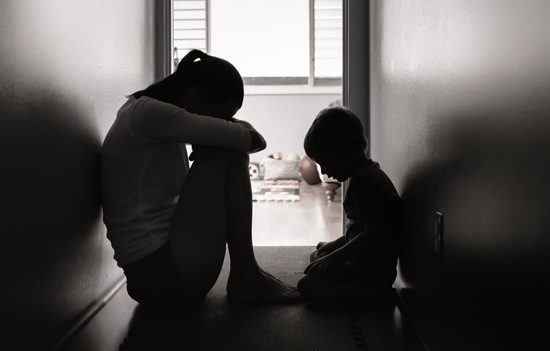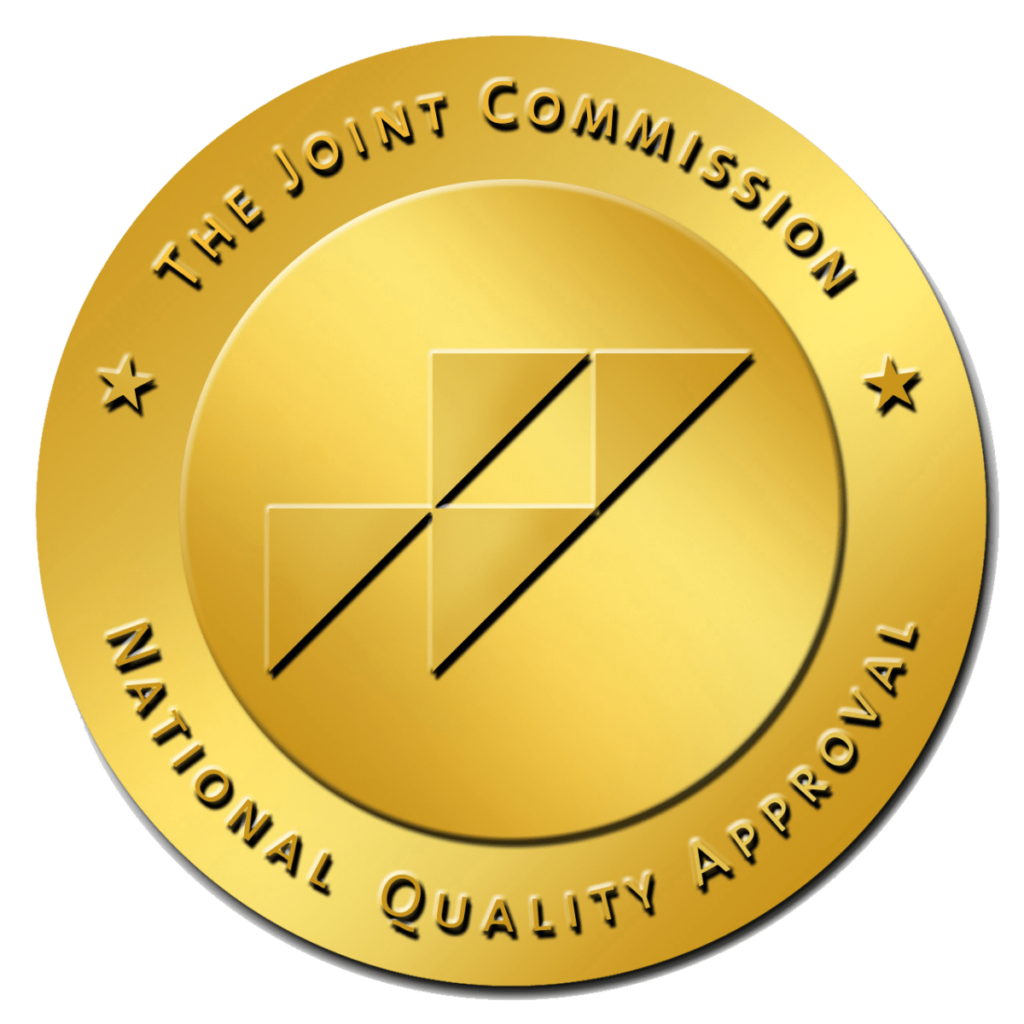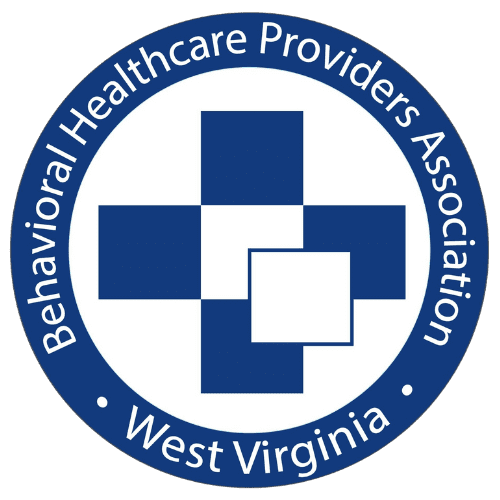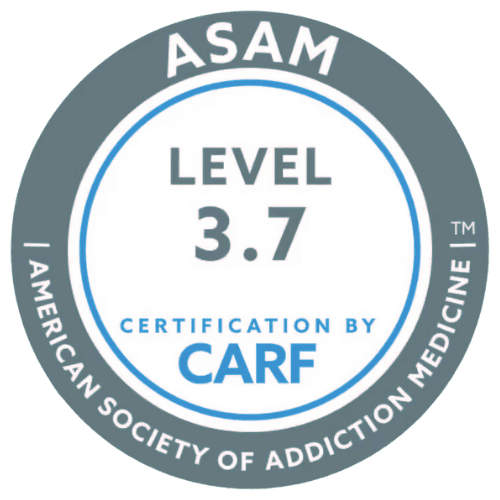If you suffered a lot of difficulties in your childhood and you now struggle with mental illness or substance use disorder, this may not be a coincidence. A well-known study by Kaiser Permanente and the Centers for Disease Control (CDC) found that people who survived four or more Adverse Childhood Experiences (ACEs) were more likely than other people to develop a host of issues later in life, including mental health diagnoses and addiction.
What Are ACEs?
ACEs are negative experiences a person may have had in childhood that could have resulted in trauma. ACEs are very common, with about 2/3 of adults reporting having experienced at least one. The original ACE Study survey, which you can take for free online, includes the following domains:
- Abuse
- Physical
- Sexual
- Verbal
- Neglect
- Physical
- Emotional
- Living with a family member who was struggling with
- Mental illness
- Substance Use Disorder
- Having a parent in prison
- Witnessing domestic violence
- Losing a parent to separation, divorce, foster care placement, etc.
The study found that anyone who indicated they had experienced four or more of the above difficulties was more likely than someone with less than four to later develop everything from heart disease and cancer to diabetes and mental illnesses. It also showed that people who had survived at least one ACE had an 87% chance of having more than one ACE.
Why Adverse Childhood Experiences Lead to Poor Health Outcomes
It isn’t just the challenges people have to overcome that increase their risks; it is also how much support they have in dealing with those difficulties. For children whose family and community offer a lot of protective factors, the risks of negative outcomes are decreased. Protective factors include things like:
- Strong relationship between parent and child
- Healthy, positive relationships with peers
- Safe home environment
- Success in school
- Parents who are educated and have steady work
- Safe, stable housing and childcare
In a family or community with fewer protective factors, children are more likely to begin engaging in dysfunctional coping behaviors in order to manage unpleasant feelings and experiences. These dysfunctional coping behaviors can include things like overeating, smoking, drinking alcohol, using drugs, and engaging in other high-risk behaviors. Over time, these patterns of behavior lead to poorer long-term health and even premature death in some cases.
What Can Be Done About ACEs?
According to Harvard University’s Center on the Developing Child, a number of approaches can be effective in addressing ACEs:
- The ideal option is to prevent ACEs in the first place. By addressing the underlying factors that can lead to childhood trauma, it is possible to decrease or eliminate the number of ACEs a child experiences. This could involve teaching parents new ways to interact with their children, addressing unemployment, making communities safer, and a host of other initiatives.
- If ACEs have already been experienced, therapy, either routine outpatient sessions or more intense inpatient care, can help the child to process what happened and to overcome toxic stress that can be associated with adverse events.
- Schools and other child- and family-serving programs can utilize trauma-informed practices to ensure that they are recognizing and addressing difficulties experienced in a person’s life.
- Pediatricians and others who work with children and their families can screen for ACEs and make referrals for appropriate services as needed. Dr. Nadine Burke Harris, Surgeon General of California, offered a TED Talk on how health care professionals can identify and address ACEs in their practices.
Are ACEs the Same as Trauma?
While ACEs can be traumatic, they are not necessarily so. If a lot of protective factors are in place, a child may see an event as unpleasant but still be able to cope with it. What feels like trauma to one person may not feel that way to another.
Does Experiencing Trauma Mean Someone has PTSD?
Even if a person experiences numerous ACEs and identifies them as traumatic experiences, this does not necessarily mean that this person suffers from Post-Traumatic Stress Disorder (PTSD). Signs of PTSD include:
- Nightmares/flashbacks about the trauma
- Avoidance of the place trauma occurred, people involved, or related thoughts
- Hypervigilance/jumpiness
- Lack of emotions/numbness
- Feelings of guilt or blaming oneself for the event
Because PTSD is a significant psychological diagnosis, it is important to seek out help if the description above fits you or someone you love. A family physician or mental health provider can assist in making a diagnosis and setting up appropriate treatment options.
Highland Can Help
If you have questions about ACEs, toxic stress, trauma, or PTSD, the caring team of professionals at Highland Hospital are available to assist you in getting answers and any help you may need.









